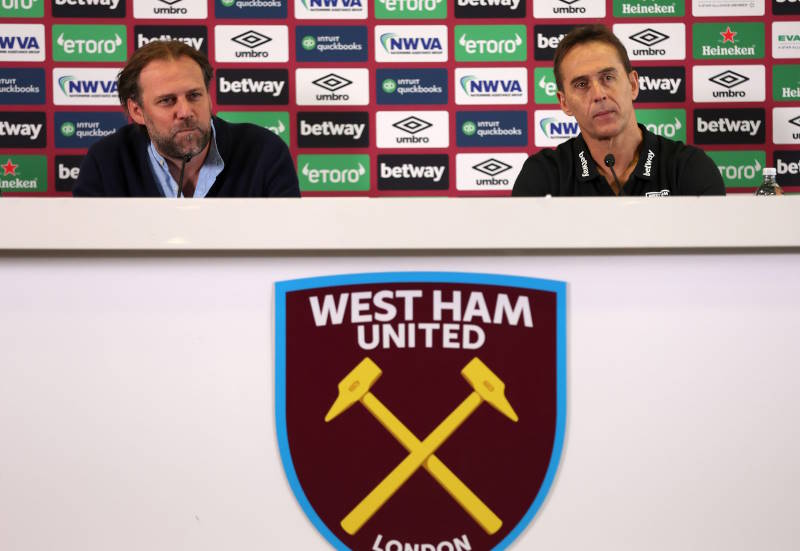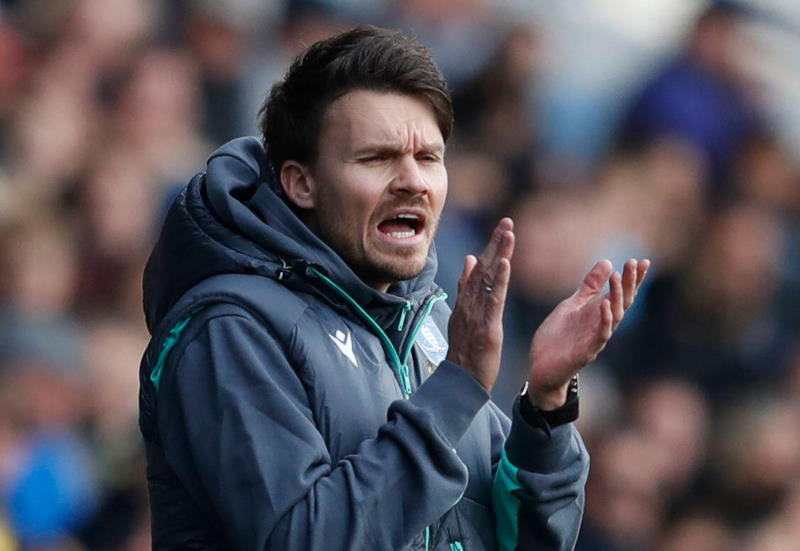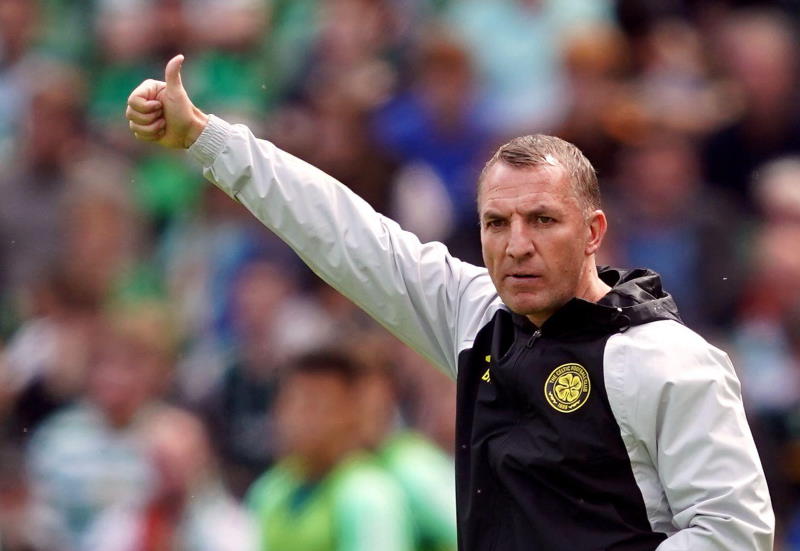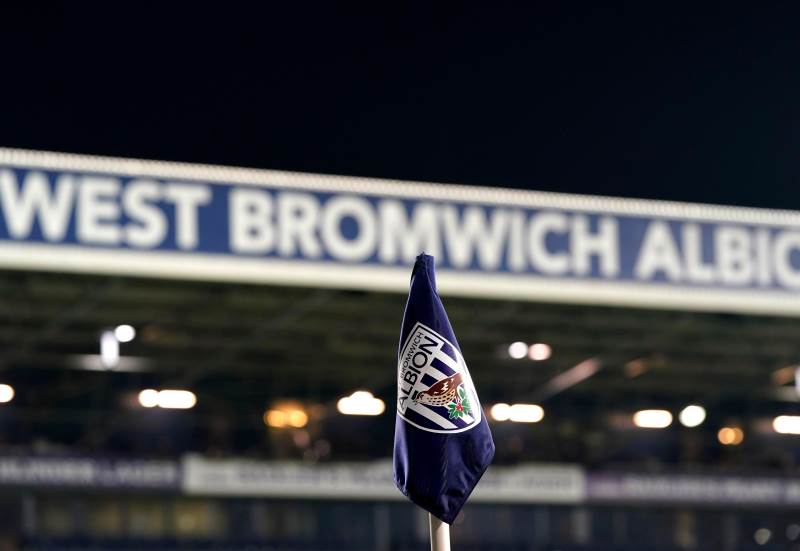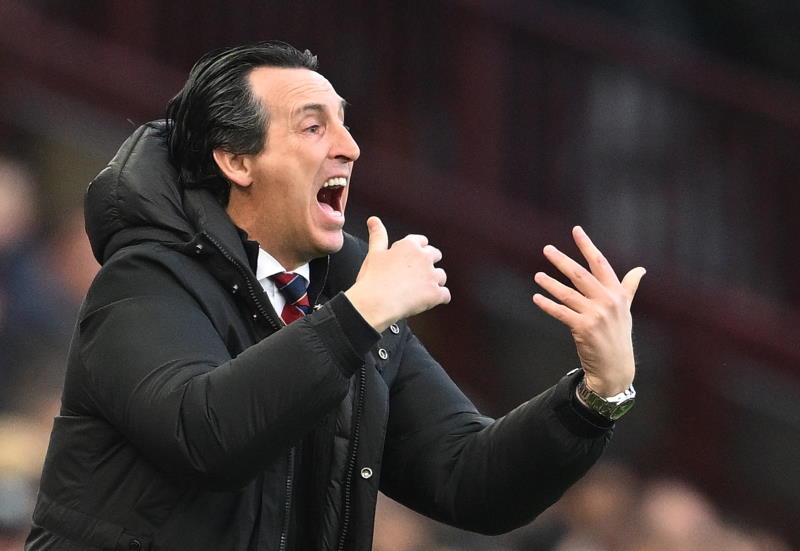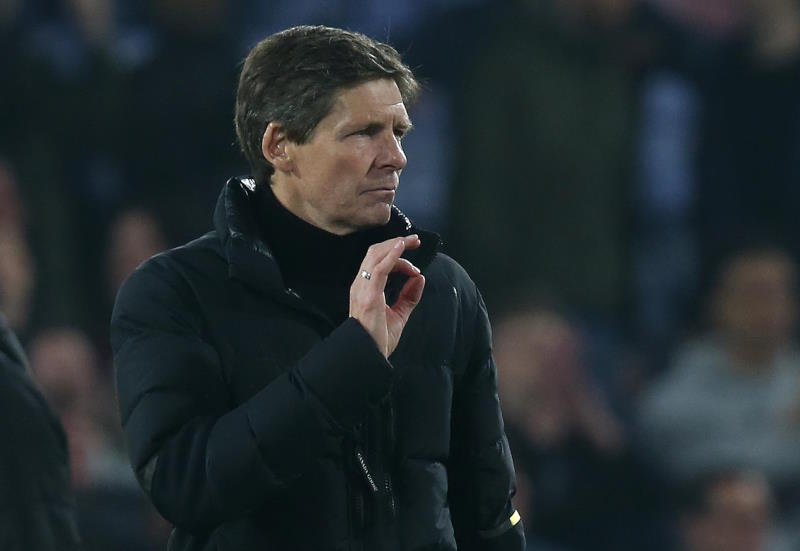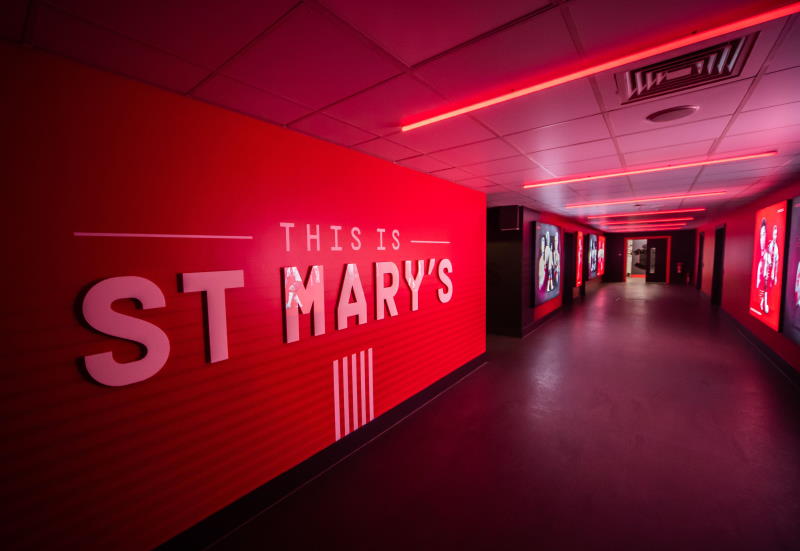
France are hoping to build on the success of recent sporting events such as the 1998 World Cup and the 2007 Rugby World Cup by bringing the European Championships to home soil for the first time since 1984.
The proposal the French have handed to UEFA is centred on a €1.7 billion investment programme in new and improved stadia. This features four brand new stadiums in Lyon, Bordeaux, Lille and Nancy as well as improving seven others including the Stade Velodrome in Marseille, the Stade Geoffroy-Guichard in Saint-Etienne and the Parc des Princes in Paris.
The long-term selling point of the bid is to leave a lasting legacy for French football, with many Ligue 1 clubs benefiting from increased capacity stadiums and improved corporate facilities.
The Pros
Experience – The French authorities can use their experience of hosting recent sporting events such as the 1998 World Cup and translate this into ensuring Euro 2016 is a resounding success.
Infrastructure – Much of this is already in place and high-speed rail, motorways and a good network of internal flights will allow supporters to move with ease between the host cities. Inside the cities themselves integrated transport systems will ensure fans can get to and from stadiums quickly and safely.
Safe pair of hands – UEFA may look for a safe pair of hands after the problems encountered with Poland and Ukraine in the planning for Euro 2012. France would undoubtedly fit the bill in this regard and few doubt they could deliver a smoothly run competition.
Accessibility – France’s geographical position at the heart of Europe and it’s transport links with neighbouring states ensures that it is accessible to many thousands of fans who will want to attend the tournament.
The Cons
Economic problems – Following the Greek economic bail out there is concern that problems may spread to other countries in the Eurozone which could prove detrimental to France’s ability to host the tournament.
Strikes – France has a prevalent union movement infamous for calling national strikes. Unions could use potential disruption of the tournament as a bargaining tool in any industrial disputes.
Recent Sporting Events – France held the football World Cup in 1998 and the Rugby World Cup in 2007 and there might be a feeling that it’s someone else’s turn to host a tournament.
Infighting – There has been some tension between the French government and the French Football Federation over how the game is run in the country. The French Sports minister Rama Yade recently criticised Raymond Domenech and called for a restructuring of French football. These were comments that didn’t sit too well with French Football Federation president Jean-Pierre Escalettes who called for more support and less interference from the government.
Conclusion
France will make a strong case and their bid is likely to tick all the right boxes. In any other tendering process this is likely to be enough, but things aren’t as simple with European football’s governing body and UEFA see the tournament as their main weapon to support the development of the game within a country.
The French Football Federation’s chance of success ultimately depends on UEFA’s mindset following the problems it has encountered with Poland and Ukraine in the build up to Euro 2012.
The ongoing saga has been an embarrassment for UEFA with question marks remaining over both Poland and Ukraine’s ability to host the the tournament in two years time. Following the Euro 2012 fiasco UEFA may decide it wants a country that can be trusted to host Euro 2016, if so France will be in pole position. On the other hand UEFA may feel they can learn from their experience with Poland and Ukraine to support a more riskier bid, in which case Turkey will enter the frame.
Related Articles:
- – Euro 2016 Bids Examined: France
- – South Africa Address World Cup Security Fears
- – Africans in 2010 World Cup Dreamland

